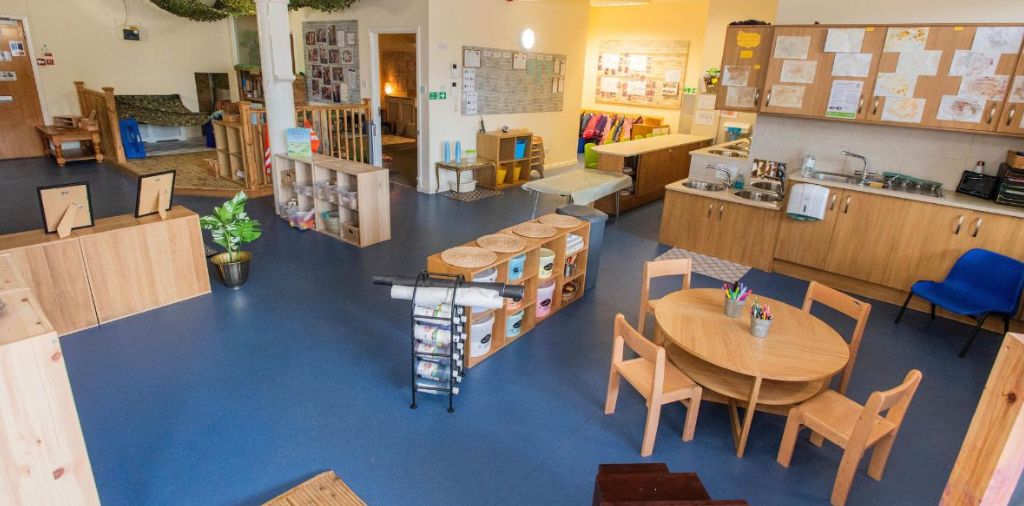The former owner of a group of nurseries is returning to the early years sector with the acquisition of a…
Labour announces plans to deliver 100,000 nursery places
Labour pledged to create more than 100,000 new nursery places for children from nine months old, with a promise to help drive up the quality of care delivered and to support parents get back into work
The party plans to set up more than 3,300 new nurseries in existing primary schools in England to support a significant expansion of childcare. It has been estimated that the party will spend £140 million on this plan to refurbish existing classrooms to make them appropriate for early years education with £40,000 approximately to be spent on each school.
However, similar to the Conservatives, Labour has been criticised on how this will be fully funded and what additional efforts will be made to improve staffing to cope with the demand for childcare. The party has already stated that the proposals will in part be funded by its plan to levy VAT on private school fees. However, nothing more has been announced on how the staffing levels will be increased.
Analysis conducted by the Department for Education in May estimated that the early years workforce needs to grow by around 40,000 between now and September next year, a 12% increase compared to July 2023.
Asked how Labour’s proposals would be sustainable without spending more on staffing, Sir Keir Starmer stated: “We do need to deal with the staffing issues, that’s within the government’s costing… we need to have a properly thought-through recruitment process, which we’re rolling out.”
In its manifesto, Labour stated:
- It will deliver half a million more children hitting the Early Learning Goals by 2030.
- It will bring a new focus on supporting language skills and maths learning right from the start.
- It will support staff working in childcare & early education so they are recognised for the skilled and important work they are doing.
- It has commissioned Sir David Bell, former chief inspector of Ofsted, to look at how we can drive up standards in childcare in England.
Neil Leitch, chief executive of the Early Years Alliance, said:
“With recent research showing that lower-income families and those living in more disadvantaged areas face the biggest challenges when it comes to accessing early years provision, it’s clear that whichever party comes into power next month, tackling so-called ‘childcare deserts’ and ensuring equity of access to early education must be a policy priority, and so Labour is right to focus on these important issues.
“That said, while increasing school-based provision may form part of such plans, with the vast majority of early years places in England currently delivered by private and voluntary nurseries, pre-schools and childminding professionals, we’re clear that supporting this critical part of the sector must be central to any early years reform.
“With an estimated 40,000 early educators required to deliver the additional places needed for the full early entitlement expansion, we continue to urge all political parties to focus on developing a clear and comprehensive workforce strategy to tackle the current staffing crisis.
“Only this, alongside a commitment to long-term adequate funding, will ensure that our vital sector is sustainable not just today, but in the long term.”
Purnima Tanuku OBE, chief executive of National Day Nurseries Association (NDNA), said: “We know from providers that there is demand for places from parents, and this will only grow as more parents are offered funded places from September.
“It will be important to ensure that spaces are suitable and age appropriate environments for younger children. Drawing on the experience of established providers by working in partnership with them will be important.
“Any plans should be done in consultation with communities to ensure it is meeting the needs of local families and not duplicate or displace existing high-quality provision. Threatening the sustainability of existing pre-schools and nurseries will not help children or families.”
Latest News
Emperor Nurseries has acquired Dragonflies Childcare, an early years setting in Hampshire, in a deal facilitated by specialist business property…
Small nursery group Leaps and Bounds (Scotland) has acquired Abbey Mill Childcare in a deal facilitated by Redwoods Dowling Kerr…




